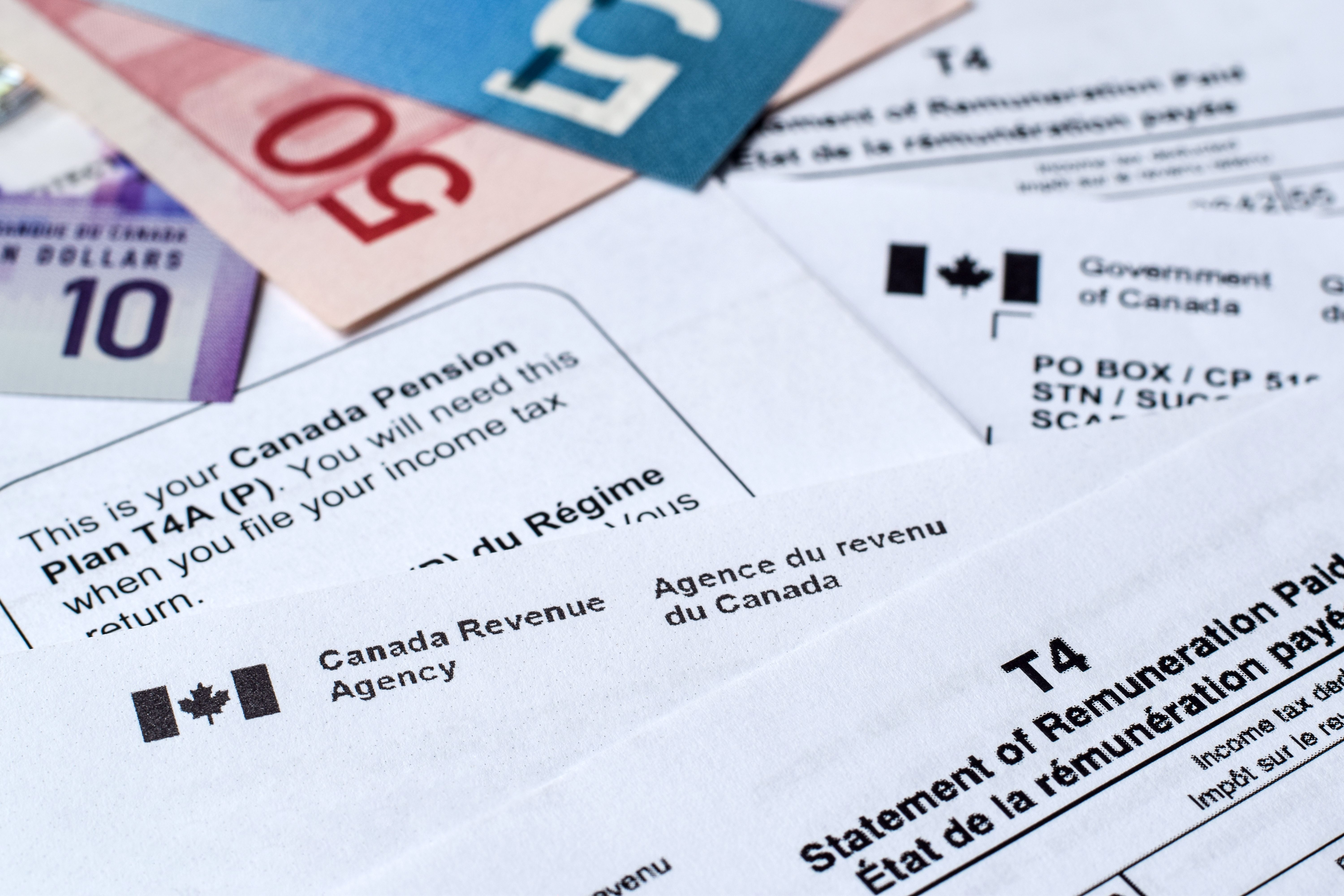Seasonal Tax Planning Tips for Maximizing Refunds and Reducing Stress
HT
Introduction to Seasonal Tax Planning
As the year progresses, many individuals find themselves scrambling to get their tax documents in order. However, effective tax planning throughout the year can help you maximize your refunds and reduce stress when tax season arrives. By taking a proactive approach, you can potentially increase your savings and ensure a smoother tax filing experience.
Seasonal tax planning involves staying organized and informed about tax regulations and opportunities. This can be particularly beneficial for individuals with complex financial situations, such as business owners, freelancers, or those with multiple income streams.

Organize Your Financial Records
The foundation of successful tax planning is maintaining organized financial records. Start by keeping track of all income sources, expenses, and any documentation related to deductions or credits you plan to claim. Establishing a system for storing receipts and important documents can save you time and headaches when it's time to file your taxes.
Consider using digital tools or apps designed for personal finance management. These can help you categorize expenses and generate reports that provide a clear picture of your financial situation throughout the year.
Utilize Tax Deduction Opportunities
Identifying and utilizing available tax deductions is key to maximizing your refund. Common deductions include mortgage interest, medical expenses, and charitable contributions. Make sure you understand which deductions apply to your situation, and keep thorough records to back up your claims.

Plan for Major Life Changes
Life changes such as getting married, having a child, or buying a home can significantly impact your tax situation. Planning ahead for these events can help you adjust your financial strategy accordingly. For instance, having a child may open up eligibility for certain tax credits like the Child Tax Credit or the Earned Income Tax Credit.
Consulting with a tax professional during major life transitions can provide valuable insights into how these changes will affect your taxes and what steps you can take to optimize your position.
Contribute to Retirement Accounts
Contributing to retirement accounts such as 401(k)s or IRAs can provide you with immediate tax benefits while securing your financial future. These contributions often reduce your taxable income, which can lower your overall tax bill. Additionally, exploring employer matching programs can further enhance your retirement savings.

Stay Informed About Tax Law Changes
Tax laws are subject to change, and staying informed about these changes is crucial for effective tax planning. Regularly reviewing updates from the IRS or consulting with a tax advisor can help you understand new regulations and how they might affect your financial strategies.
Keeping an eye on legislative developments also ensures that you're taking advantage of new opportunities that arise from changes in tax policy.
Conclusion: The Benefits of Proactive Tax Planning
By integrating seasonal tax planning into your financial routine, you can take control of your taxes and minimize stress during filing season. The key is to remain organized, informed, and proactive throughout the year. Whether you're aiming to maximize refunds or simply reduce the hassle of tax season, these strategies can guide you toward achieving your financial goals.
Remember, the earlier you start planning, the more opportunities you'll have to optimize your tax situation. So why wait? Begin implementing these tips today and reap the benefits when it's time to file your taxes.
